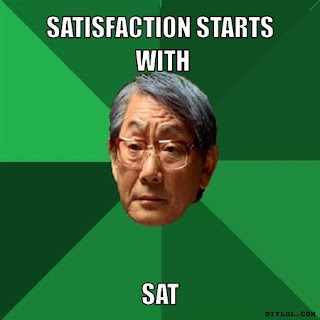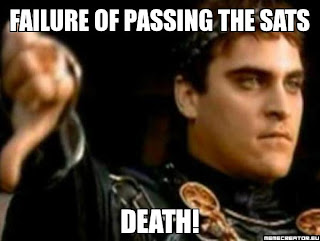Day is a young vigilante. June is a prodigy. The governments sics June on Day, and uses her prodigious schematics to find him. Character development and story plot are nigh inseparable. *throws party*
Legend was utterly addictive, and I flew through it (and its sequel), in part because of its dual points-of-view. Every single chapter alternates. All of Day’s chapters make you wonder what June is thinking. All of June’s chapters demand updates from Day.
This analogy is reductive, and possibly just unfair, but it brought to mind Artemis Fowl versus Katniss. With genders swapped.
But most-wanted prettyboy Day is compelling for his pure coolness.
Castiglione explains sprezzatura here.
Anime reviewer Gigguk explains it here.
2. Two world-building tricks stand out.
The integration of the world’s terminology is seamless and simple. This particular future is easy to jump into. Jumbo Tron flashes ads and videos and announcements. Things cost Notes. High school starts when you're 10. Got it.
Also, Legend's world happens to be structured in a way that lends itself to exploration. We discover it as the characters discover it. It's so strictly socially stratified by class, June illuminates Day's world when she infiltrates it. "I can't believe how filthy the streets are." "No rules? So be it."
Day illuminates June's world as he infiltrates hers. "Electric lights shine from each floor--a luxury only government buildings and the elite's homes can afford."
3. Slick societal criticism never goes to waste. The Trial is a demented test that irrevocably determines citizens’ life paths. The SATs on STDs, if you will.
4. Last but leaving lasting impressions: With only a few words--a short phrase or a clause--Marie Lu can change a characters’ entire worldview and carry the plot in another direction.
"My knife hits him hard in the shoulder..."
"They always work. Don't you find it strange...?"









No comments:
Post a Comment